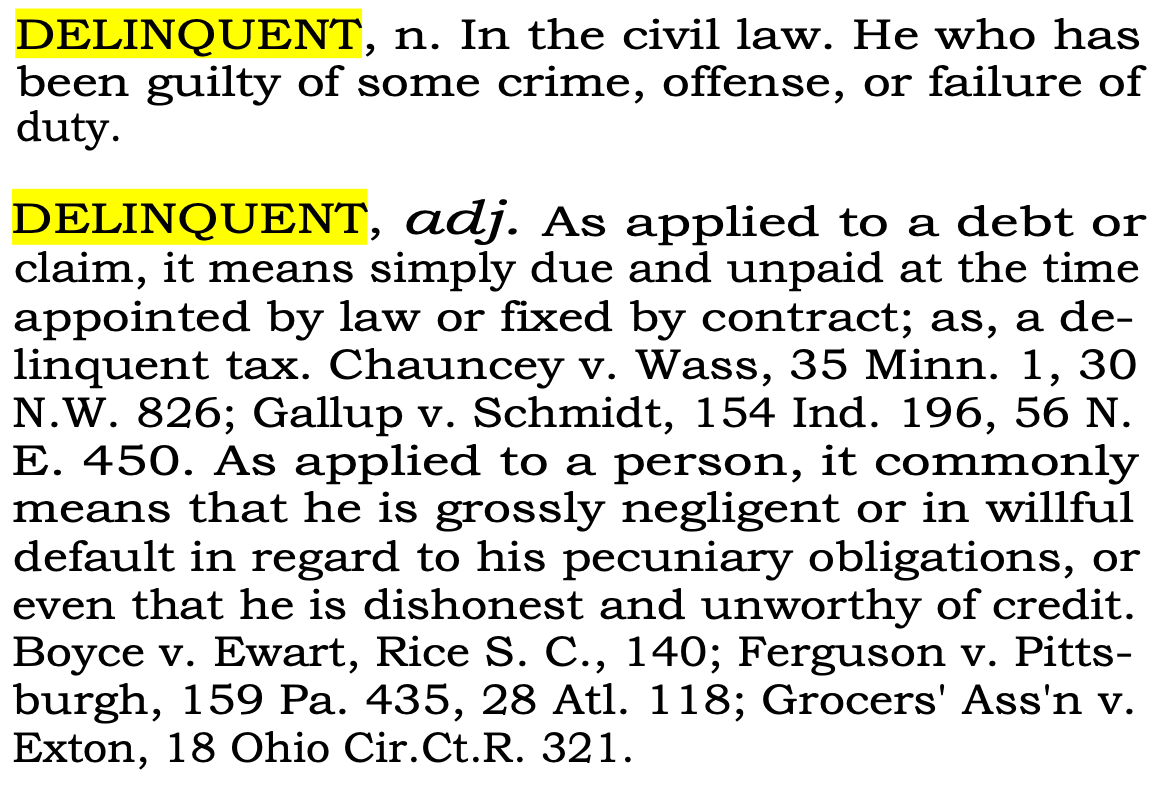"But it's Illegal to Practice Without a License."

TL;DR - "No state may take a secured right, turn it into a privilege, and issue a license and a fee to practice it." -Carl Miller
In the last post, I explained "the game" of administrative law that we opted into by getting a license. (We opt into many other 'games' and don't even realize it's a game, and pay dearly because of our ignorance. That's another story for another day though.)
The practice of Counseling, Therapy, and Psychology are all entirely speech-based practices. Some of the speech is printed on paper, but neither the U.S. Constitution nor the Supreme Court of the United States make any distinction between the two.
Assessments are speech. Issuing the MMPI is speech. The Myers-Briggs is speech. Cognitive-Behavioral Therapy is speech. Image Transformation Therapy is speech. Keeping notes is speech. Writing treatment plans are speech. Consultation with other providers is speech.
Speech is protected under the First Amendment of the U.S. Constitution, and the U.S. Constitution is the supreme law of the land, Marbury v. Madison 5 U.S. 137 (1803).
Another case, Murdock v. Pennsylvania 319 U.S. 105 (1943) is about a Mr. Murdock who was a Jehova's Witness who distributed pamphlets for sale which also advertised books for sale. The local government (City of Jeanette) required him to get a license to distribute said pamphlets. Mr. Murdock took them to court.
Some relevant quotes form the opinion of the court on the Murdock case:
The First Amendment, which the Fourteenth makes applicable to the states, declares that
"Congress shall make no law respecting an establishment of religion, or prohibiting the free exercise thereof; or abridging the freedom of speech, or of the press . . ."
It could hardly be denied that a tax laid specifically on the exercise of those freedoms would be unconstitutional. Yet the license tax imposed by this ordinance is, in substance, just that.
also:
The tax imposed by the City of Jeannette is a flat license tax, the payment of which is a condition of the exercise of these constitutional privileges. The power to tax the exercise of a privilege is the power to control or suppress its enjoyment.
more:
It is a license tax – a flat tax imposed on the exercise of a privilege granted by the Bill of Rights. A state may not impose a charge for the enjoyment of a right granted by the Federal Constitution. Thus, it may not exact a license tax for the privilege of carrying on interstate commerce, although it may tax the property used in, or the income derived from, that commerce, so long as those taxes are not discriminatory.
A license tax applied to activities guaranteed by the First Amendment would have the same destructive effect. It is true that the First Amendment, like the commerce clause, draws no distinction between license taxes, fixed sum taxes, and other kinds of taxes. But that is no reason why we should shut our eyes to the nature of the tax and its destructive influence. The power to impose a license tax on the exercise of these freedoms is indeed as potent as the power of censorship which this Court has repeatedly struck down.
and
As stated by the Supreme Court of Illinois in a case involving this same sect and an ordinance similar to the present one, a person cannot be compelled "to purchase, through a license fee or a license tax, the privilege freely granted by the constitution."
On their face, they [the license tax] are a restriction of the free exercise of those freedoms which are protected by the First Amendment.
more:
The taxes imposed by this ordinance call hardly help but be as severe and telling in their impact on the freedom of the press and religion as the "taxes on knowledge" at which the First Amendment was partly aimed.
"Taxes on knowledge."
Interesting.
That's essentially what happens to mental health practitioners, right?
Get an undergrad degree. Get a graduate-level degree or higher in a CACREP program. Take the NCE. Apply for an associate's license and pay a fee. Complete 2,000-3,000 hours of "supervised" counseling. Apply for a LPC license and pay a fee.
What do we have? Knowledge, training, experience.
And the states make it "illegal" to use that knowledge, training, and experience without getting a license and paying a fee. In Texas, they make us pay a fee every 2 years to renew that license. This is how far our states have deviated from constitutionality, and Texas isn't the only state violating the constitutionally secured rights of its people.
What's worse, if you let that license lapse, Texas BHEC labels it as "delinquent".
If you decide to not renew your license for any reason whatsoever, they label you with a pejorative which besmirches one's reputation.

Don't believe me? Let's look at Black's Law Dictionary 4th Ed. for the definition of "delinquent":

You can't tell me that the word "delinquent" doesn't have a severely negative connotation to it. They could use the word "lapsed", but they chose the word delinquent, which as applied to a person means a criminal, someone of ill repute, "grossly negligent, in willful default", "dishonest and unworthy of credit".


"Lapse" is a far more appropriate term. It does not imply criminality or willful neglect of an obligation or duty.
You can quit your job as a counselor and join the U.S. Army, or work for a marketing company, or get injured and be unable to work, and if your license lapses, they label you "delinquent".
Nutshelling the opinion in Murdock: No state may take a secured right, turn it into a privilege, and issue a license and a fee to practice it. The secured right in this case is the right to free speech, to say, write, or distribute whatever message you want, whenever you want, to whomever you want, even if it might offend them.
I highly encourage you to read Murdock v. Pennsylvania, and even delve into the cases cited therein. It'll open your eyes to a world of battles that have already been fought and won, so you can be armed with that knowledge and take back what rightly belongs to you.

